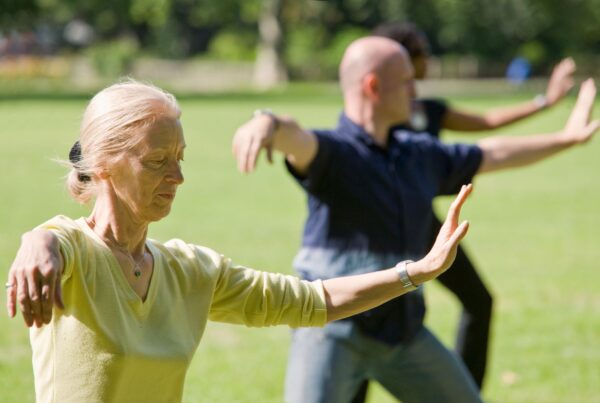Caring for someone with dementia can be challenging and stressful. But with the right support, it can be rewarding and often satisfying.
Alzheimer’s disease is the most common cause in older adults, but there are a number of other causes. Depending on the cause, some other symptoms might be reversible.
Dementia
There are many different forms of it. Alzheimer’s disease is the most common form and may contribute to 60-70% of cases. Other major forms include vascular dementia, dementia with Lewy bodies (abnormal aggregates of protein that develop inside nerve cells), and a group of diseases that contribute to frontotemporal dementia (degeneration of the frontal lobe of the brain). It may also develop after a stroke or in the context of certain infections such as HIV, harmful use of alcohol, repetitive physical injuries to the brain (known as chronic traumatic encephalopathy) or nutritional deficiencies. The boundaries between different forms of dementia are indistinct and mixed forms often co-exist.
Alzheimer’s disease is a progressive neurologic disorder that causes the brain to shrink (atrophy) and brain cells to die. Alzheimer’s disease is the most common cause of dementia — a continuous decline in thinking, behavioral and social skills that affects a person’s ability to function independently.
Approximately 5.8 million people in the United States age 65 and older live with Alzheimer’s disease. Of those, 80% are 75 years old and older. Out of the approximately 50 million people worldwide with dementia, between 60% and 70% are estimated to have Alzheimer’s disease.
The early signs of the disease include forgetting recent events or conversations. As the disease progresses, a person with Alzheimer’s disease will develop severe memory impairment and lose the ability to carry out everyday tasks.
Medications may temporarily improve or slow progression of symptoms. These treatments can sometimes help people with Alzheimer’s disease maximize function and maintain independence for a time. Different programs and services can help support people with Alzheimer’s disease and their caregivers.
It is currently the seventh leading cause of death among all diseases and one of the major causes of disability and dependency among older people worldwide. It has physical, psychological, social and economic impacts, not only for people living with it, but also for their carers, families and society at large. There is often a lack of awareness and understanding of the disease, resulting in stigmatization and barriers to diagnosis and care.
In the early stages, many people are able to enjoy life in the same way as before their diagnosis.
But as symptoms get worse, the person may feel anxious, stressed and scared at not being able to remember things, follow conversations or concentrate.
It’s important to support the person affected with the disease to maintain skills, abilities and an active social life. This can also help how they feel about themselves.
Memory aids used around the home can help the person remember where things are.
For example, you could put labels and signs on cupboards, drawers and doors.
Eating a healthy and well balanced diet is an important part of a healthy lifestyle for everyone.
People with the disease may not drink enough because they don’t realize they’re thirsty.
These can lead to increased confusion and make the symptoms worse.
Common food-related problems in include:
- not recognising foods
- forgetting what food and drink they like
- refusing or spitting out food
- asking for strange food combinations
It can affect people’s sleep patterns and cause problems with a person’s “body clock”.
People with the disease may get up repeatedly during the night and be disorientated when they do so. They may try to get dressed as they’re not aware it’s night-time. Do try to help them.
Reference:



